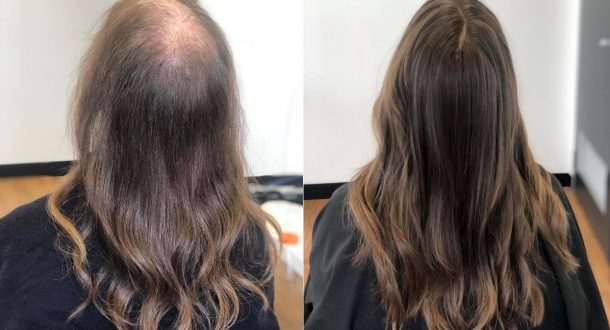![]()
In this fast-running world, we are always accompanied by stress. Every person on this planet, in one way or another, is dealing with a stressful life, which is directly linked to the hair fall problem. Every third person is dealing with the hair fall problem. A very common treatment for hair loss is hair transplant surgery. It is a surgery that involves moving hair follicles from one part of the body to areas where hairs are thinning and receding. Usually, hair is taken from the back or sides of the head to cover the bald area. Hair transplant surgery is quite a popular option for people looking to restore their hairline and increase their hair density. If you are suffering from hair loss and seek treatment, then you can opt for hair transplants in India.
What are the conditions treated by hair transplant surgery?
Hair transplant surgery is used to treat conditions such as male baldness, female pattern hair loss or other types of hair thinning and baldness problems. It is used to restore a natural hairline by increasing hair density and improving overall appearance and confidence. For more information, you can see hair loss treatment in Vizag.
The procedure of hair transplant surgery
There are two major techniques followed for hair transplant surgery:
- Follicular Unit transplantation: During FUT surgery your doctor will cut out a strip of skin consisting of hair follicles from the donor area and transplanted into areas with baldness and thinning hair area. This procedure is done using local anesthesia, and the recovery period varies from person to person.
- Follicular Unit Extraction: In FUE surgery, instead of removing a strip of skin like in FUT, individual hair follicles are extracted from the donor area by using a punch tool, and these follicles are transplanted into the affected area.
Risks included in the hair transplant surgery:
Like any other surgical procedure, hair transplant surgical procedure also consists of some general risks such as:
- Risk of infection at the recipient and donor site
- Risk of bleeding during and after the surgery.
- Possibility of visible scarring at the recipient and donor site
- May experience some pain, swelling and discomfort after the surgery
- In some cases, you may see some poor graft survival, which means follicles may not grow as expected or survive
Benefits of Hair transplant surgery:
Hair transplant surgery offers many benefits, such as:
- It ensures natural-looking results by using your hair follicles
- It provides a permanent solution for the problem of hair loss and gives long-lasting results
- With good hair density, it helps you in gaining your self-esteem and confidence back
- No special maintenance is required once the transplanted hair grows.
- It is a cost-effective procedure in the long run compared to other temporary hair loss treatments.
It is important to consult with a good hair transplant surgeon, such as a hair transplant in India, who can check your condition and determine if you are a good candidate for the procedure and discuss your goals and expectations regarding the procedure.


